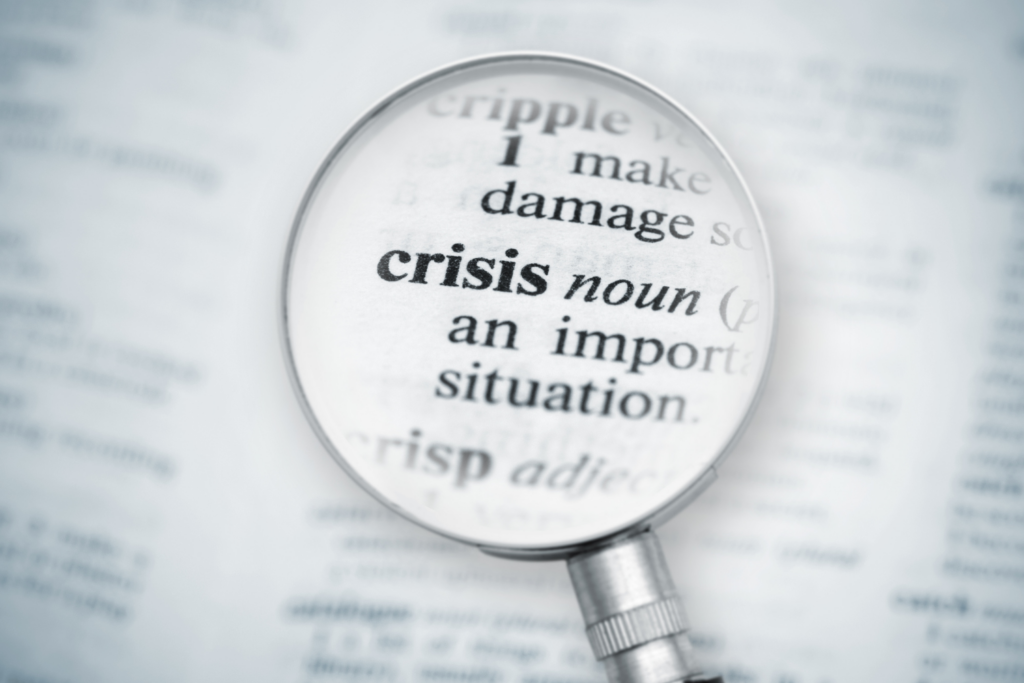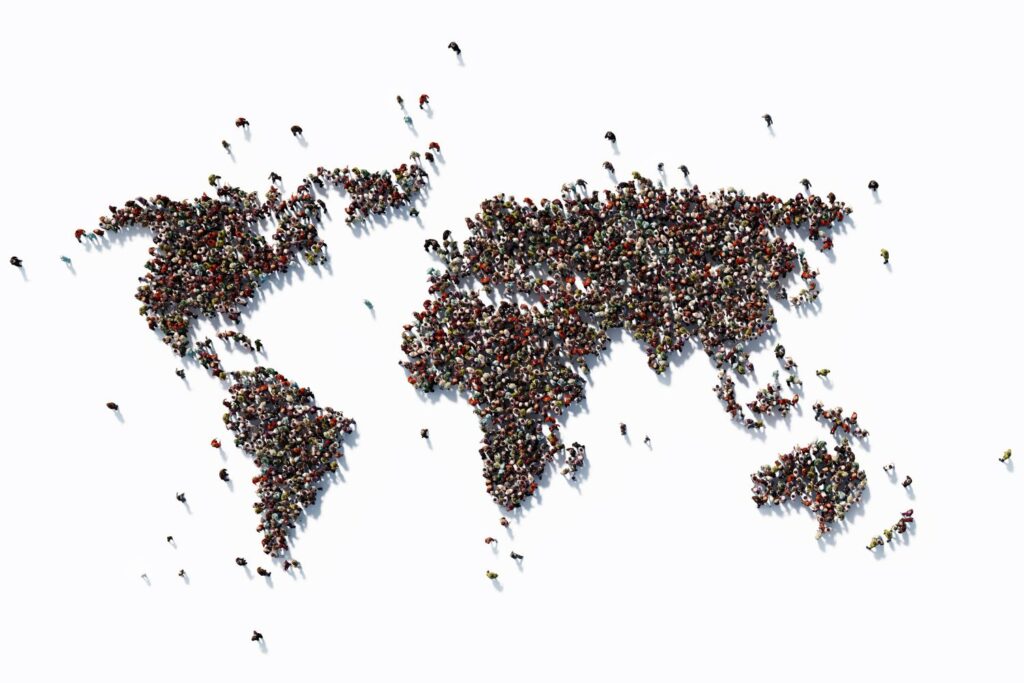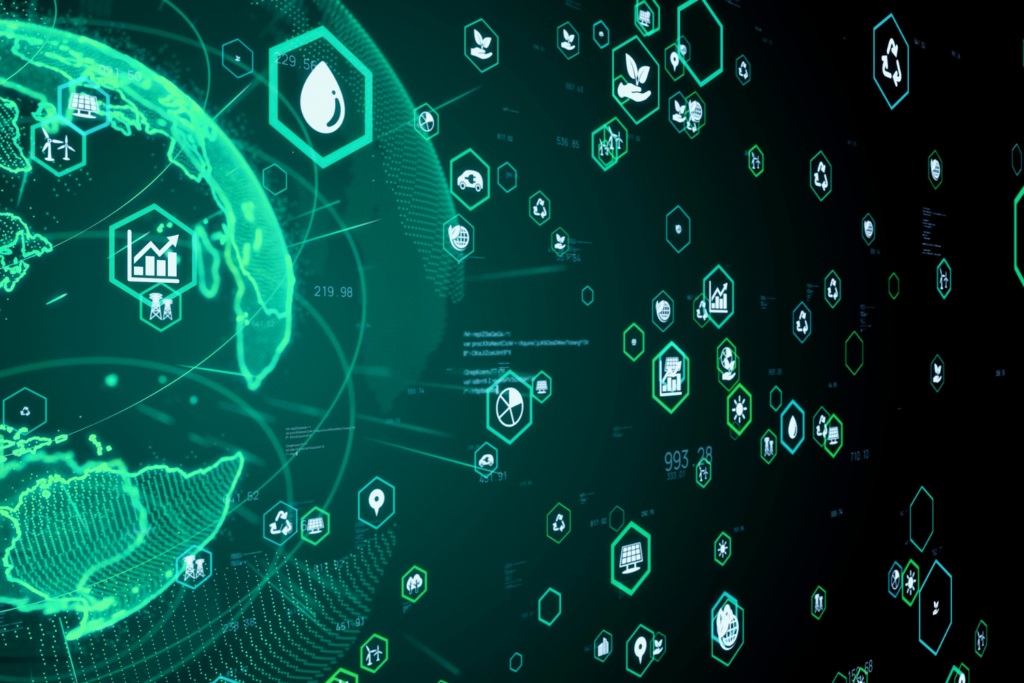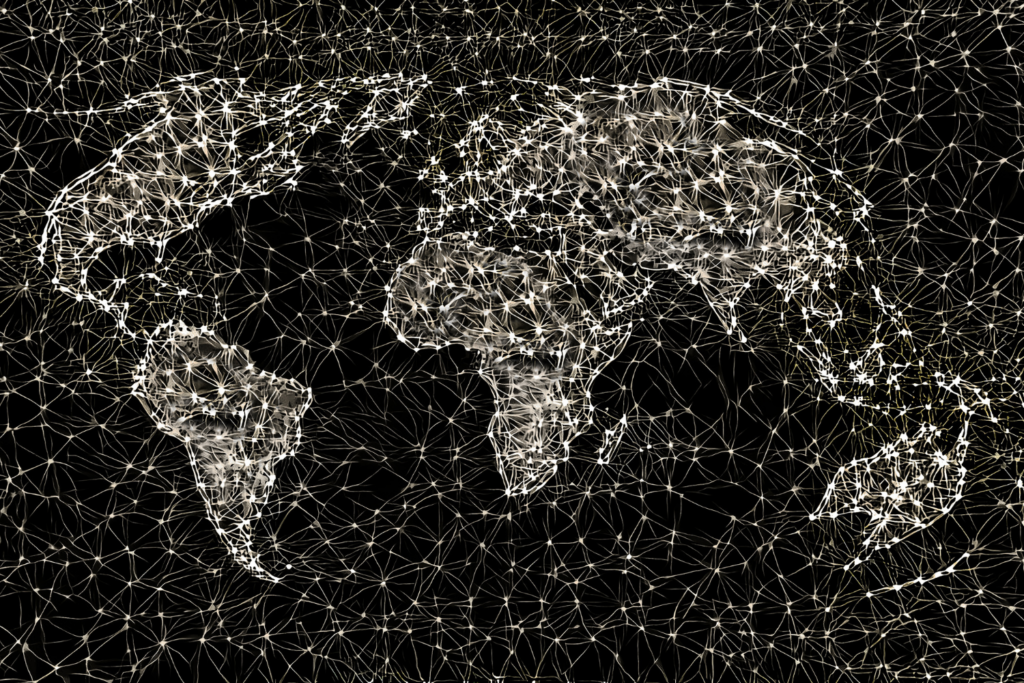The Disruption Nexus
Roman Krznaric explores the conditions in which crises lead to transformative societal change. He finds that transformative responses are most common in conditions of war, disaster, revolution, and disruption. The latter refers to “a moment of system instability that provides opportunities for rapid transformation” which is created by the “disruption nexus” of crisis events (typically […]
The Disruption Nexus Read More »










